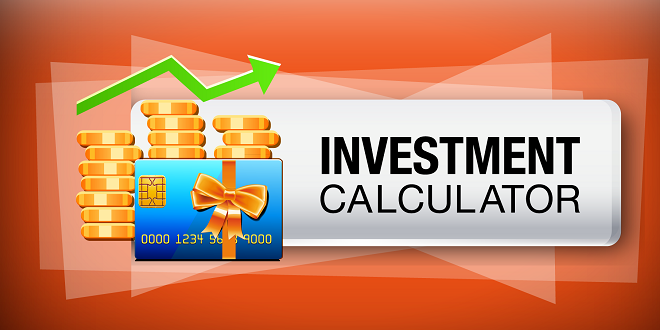Have you invested in organic? That’s the question I am asking you today. Have you invested in anything organic food related? If not, are you planning on doing it in the next 12 months?
Invest Organic
By “invest in organic”, I mean more than buying /owning / operating an organic farm, or other organic enterprise. Money spent on your garden, on your studies in an organic farming related field, or time spent taking care of your vegetables in your garden. Those are all investment in organic. If you have done any of those, you have invested in organic. You are, therefore, an organic investor.
When people make an investment, they normally expect some return, be it for personal financial enrichment, or pure altruist ideals for the good of other people, or just for the fun of it. For me, any investment in organic, before I actually buy a farm, would be totally for the fun and the pleasure of feeding my kids with what I grow myself. There is one thing for sure, though, that is one day, I will buy a farm. It might be for the pleasure of growing the food, or it might be the fun trying to sell it. Either way, I will be eating organic, and having fun.
Opportunity cost is another factor people consider while evaluating prospective investment projects. Think of that cost as the time, money, expertise etc. that one could use elsewhere. Would the expected returns exceed the opportunity cost? If not, you would be better off not investing there. That depends on how you valuate the cost versus returns. A billionaire might make more money investing his money in venture capital, but instead choose to give most of his money to a charitable foundation. Why? He derives more enjoyment doing so than making more money.
In my example, I could buy a lot more organic food than I could ever grow in my little garden with the money that I would have otherwise made working on some accounting clients.
Are we investing organic for a single shot? or for the long term? This is what is referred to by Investment Horizon. 5 years and less in the future is considered short-term, 5 to 10 intermediate-term, and 10 plus years long term.
Since we are talking about investing organic and making money, we would disregard for the moment the potential of buying up organic farms and selling them for a profit. That’s real estate business. We are talking about investing organic and holding it. And for that at minimum an intermediate-term seems appropriate.
Invest Organic and Make Money
What if we just want to make money growing organic food? Could we expect a return greater than the opportunity cost of saving the money in the bank and us working an 8-hour day job? Then we need to start from the cost, the expected return, and the opportunity cost. (Disclaimer: Please note that I might have a much coveted professional designation in the investment industry, I am no expert in investing organic. The following is best interpreted as my thinking out loud from the perspective of an aspiring organic farmer. This is not intended as investment advice and should not be construed as such.)
We would need to write up a business plan to really start a business. But for our purpose today, we will start our analysis with the costs associated in this investment.
- Down payment on the farm and ongoing interest payments on the loan portion (if a loan is necessary to make up for the missing funds);
- Equipment lease or purchase; green houses might be a necessity if you plan to operate all-year round in Canada, where winter is fairly long.
- Workers’ compensation if you believe you are not capable of handling a farm on your own, or with the help of a willing to help family (It’s not uncommon that the family might not want to get involved, even if they do enjoy eating your organic food
 ).
). - Certification cost. In many countries, organic is a regulated term that requires continuing cost in obtaining certification and maintaining the certified status. If you plan to sell into another country, you might have to obtain organic certification in your target county.
- Marketing cost. Word of mouth might not be enough.
- Professional services cost, such as accounting and taxes services, which could save you a lot of money in the end, but it will cost you in the process. Certain levels of governments might offer subsidies for your operations. People that know those stuffs do not come in cheap.
The list could go on for a while, but this will work as a starter. If those costs are already taken care of, we can proceed and see what we need to make money.
I will continue my brain-storming in another post.
 EatingOrganic.CA eating healthy, ethical & eco-friendly
EatingOrganic.CA eating healthy, ethical & eco-friendly

